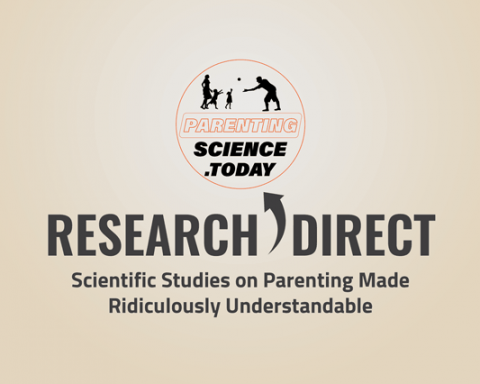The mother’s nutrition is critical to the development and outcome of pregnancy, affecting not only the size of the child at birth but also the duration of the pregnancy. When mothers are malnourished, more preterm deliveries occur, and babies have lower birth weight and height.
Unfortunately, this scenario is common in underdeveloped countries, where the rates of maternal mortality, fetal mortality, and premature births are extremely high. There have been numerous attempts to improve maternal nutrition around the world with variable success.
Cambodia is one country that struggles with this problem. At least 1 in 5 Cambodian women of reproductive age have low body mass index (BMI) and are especially vulnerable to poor pregnancy outcomes because they do not have adequate nutrition during pregnancy.
The Cambodian diet consists mainly of white rice, which lacks sufficient protein, fat, and other nutrients required for pregnancy. Cambodian health authorities recommend an extra meal for pregnant women; however, this is difficult for most women living in rural areas because it is hard for them to get even low-quality foods once or twice a day.
One possible solution is to provide a nutrient-dense food supplement, such as Corn Soya Blend, during pregnancy. Corn Soya Blend (CSB) is fortified maize and soybean flour that is used as a dietary supplement all over the world in food distribution programs that assist pregnant or lactating women as well as children in areas with poor nutrition. It has been used in Cambodia since 2002, and the improved version—Corn Soya Blend Plus—was introduced in 2011.
A CSB Research Study
A group of Canadian and Cambodian researchers assessed whether supplementation with Corn Soya Blend Plus during pregnancy could improve birth weight, birth length, and head circumference in infants. They also determined whether CSB supplementation improved maternal weight and helped prevent gestational anemia in mothers.
For the study, titled “Prenatal Supplementation with Corn Soya Blend Plus Reduces the Risk of Maternal Anemia in Late Gestation and Lowers the Rate of Preterm Birth but Does Not Significantly Improve Maternal Weight Gain and Birth Anthropometric Measurements in Rural Cambodian Women: A Randomized Trial”, the researchers enrolled 547 pregnant women from rural Cambodia. They were sorted into two groups: 333 were placed in the CSB group, and 214 were put in the non-CSB group. To be eligible, the women had to be at least eighteen years old, be in the first trimester of pregnancy, and they had to stay in their current home for the duration of the pregnancy.
All the women who started the trial were provided with the prenatal care and vitamin supplements they needed. The CSB group was given a daily dose of 200 grams of the prepared CSB mixture, which they avoided sharing with family and neighbors. The women and children were observed until the babies were eight months old. In total, 294 women from the CSB group and 201 women from the non-CSB group completed the study.
Was the Supplement Effective?
The results were not as encouraging as expected. Unfortunately, prenatal supplemention with CSB Plus had no significant effect on the weight, height, and head circumference of newborns. It also did not affect maternal weight. Only the rate of anemia and the number of preterm births were reduced among the women in the CSB group.
The lack of maternal weight increase could be due to the women using CSB Plus as a dietary substitution for regular household foods. Although the women did not share much of the CSB Plus, as they were instructed, they ate less of other foods because they felt full after consuming the CSB.
The decrease in preterm births is a significant finding of this study. Researchers believe that CSB Plus has a protective effect in this regard due to the added nutrition it provides. However, further studies are needed to confirm and explain this effect.
Conclusion
Unfortunately, Corn Soya Blend supplementation does not appear to be an adequate solution to the nutritional problems present in rural areas of underdeveloped countries. Consult a doctor for advice about the best diet for you and your baby. Breast milk is still the best food for babies.
Reference
Janmohamed, Amynah, Crystal D. Karakochuk, Somchit Boungnasiri, Gwen E. Chapman, Patricia A. Janssen, Rollin Brant, Timothy J. Green, and Judy McLean. “Prenatal Supplementation with Corn Soya Blend Plus Reduces the Risk of Maternal Anemia in Late Gestation and Lowers the Rate of Preterm Birth but Does Not Significantly Improve Maternal Weight Gain and Birth Anthropometric Measurements in Rural Cambodian Women: A Randomized Trial.” The American Journal of Clinical Nutrition 103, no. 2 (2016): 559–566. Retrieved from: https://www.ncbi.nlm.nih.gov













